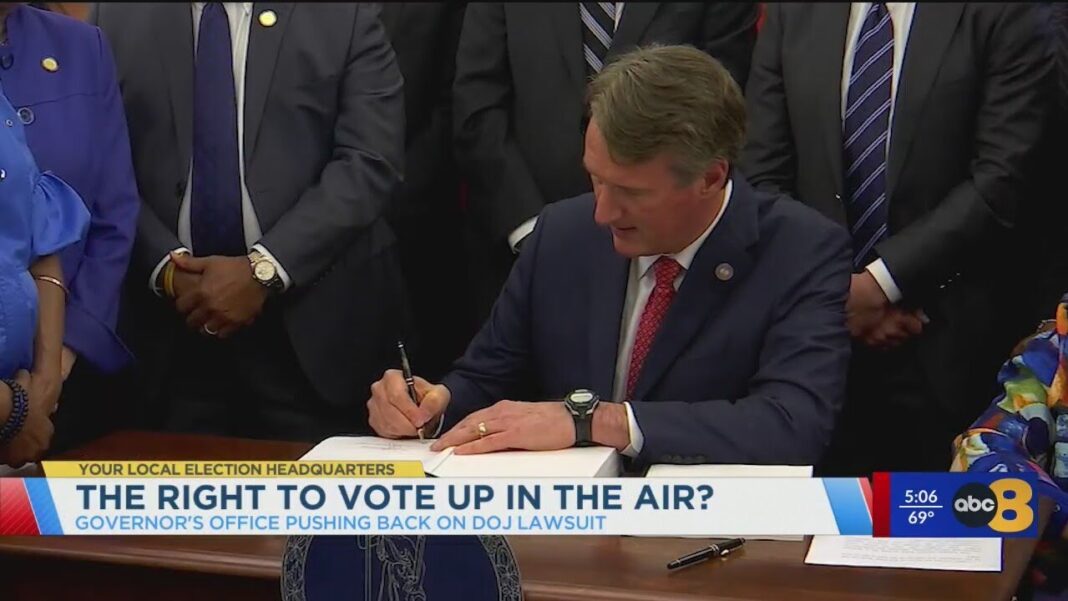Despite setting first-day records in several states, early voting patterns appear similar to those in recent elections cycles.
Nearly 70 percent of the more than 154.6 million Americans who voted in the 2020 election did so by “non-traditional means” with 43 percent voting by mail and 26 percent casting ballots in-person prior to Election Day in the 47 states that offer early voting, according to the United State Census Bureau.
About 67 percent of Americans who were eligible to vote cast ballots in the 2020 election, a record overall turnout that saw a 73-percent boost in “nontraditional voting methods” from 2016, in most states discouraging in-person Election Day voting during the COVID-19 pandemic.
But even during the post-pandemic 2022 midterms, nearly 57 percent of the 112 million Americans who voted—a 46-percent turnout—did so by mail (36 percent) or during early voting (21 percent), according to a July 2023 Pew Research Center analysis.
As of Oct. 24, with 12 days remaining before 2024’s Nov. 5 election, it does not appear that mail-in voting will match those 2020 numbers and that early voting will be similar to the last few election cycles. However, the number of those choosing to cast ballots via “nontraditional voting methods” overall will exceed the 57.2 million who did so in 2016—according to the U.S. Election Assistance Commission—when 40 percent of the 139 million votes cast were by mail-in ballot or at early voting sites.
By Oct. 25, 2020, those 2016 “nontraditional voter” numbers had already been eclipsed. Nearly 60 million Americans had voted in-person early or via mail by then in advance of Election Day on Nov. 3, according to an analysis by the University of Florida’s Election Lab.
As of 10 p.m. Oct. 24, 2024, more than 31 million—slightly more than half who had done so at this point in pandemic-skewered 2020—had cast ballots via mail or in-person in the 36 states where early voting was underway, the Election Lab documents.
Twenty states, including battleground states Michigan, Wisconsin, and Georgia, do not register voters by party affiliation, so direct by-the-numbers 2000 and 2024 early voting and mail-in ballot comparisons can be difficult to divine.
By John Haughey






